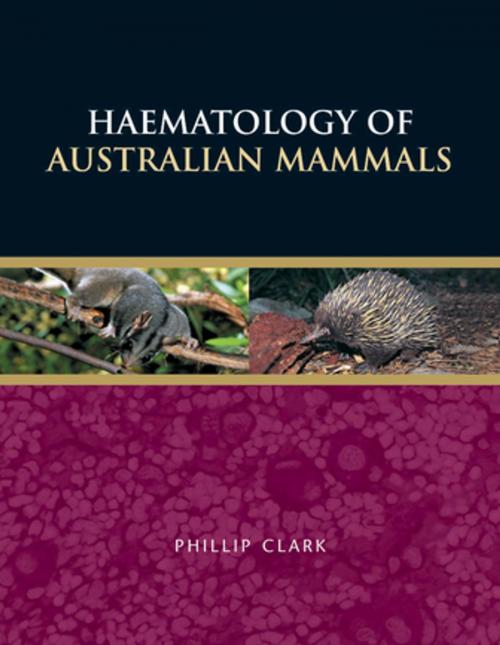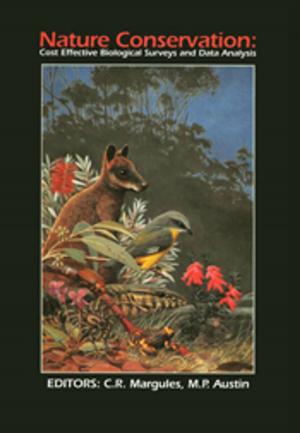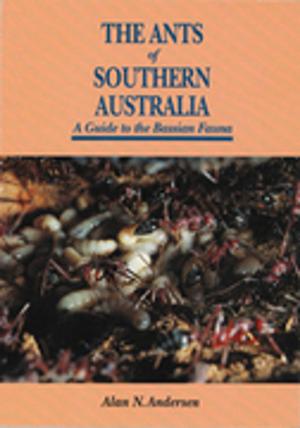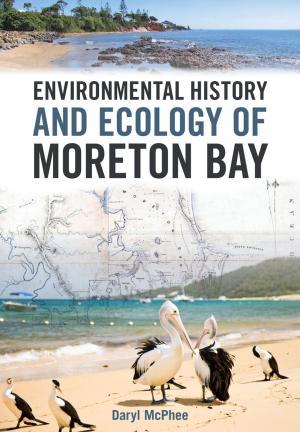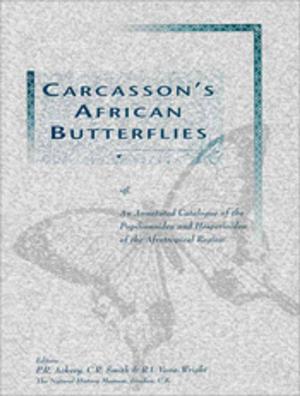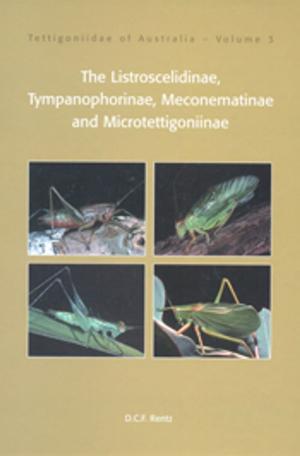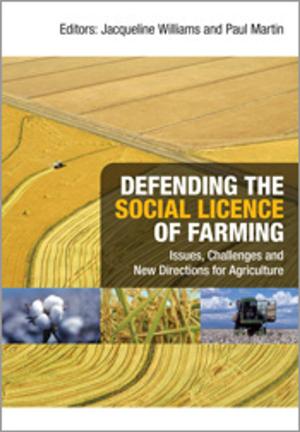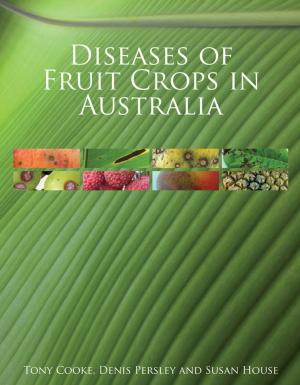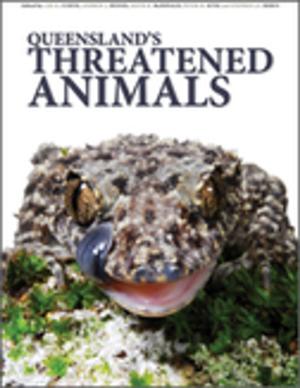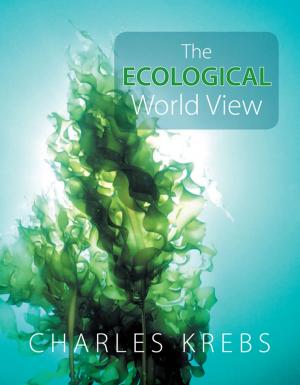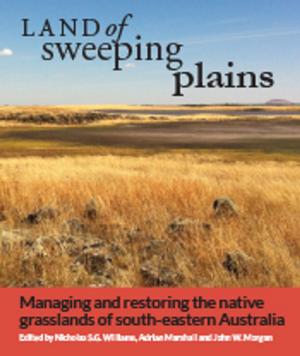Haematology of Australian Mammals
Nonfiction, Science & Nature, Science, Biological Sciences, Zoology, Nature| Author: | Phillip Clark | ISBN: | 9780643099067 |
| Publisher: | CSIRO PUBLISHING | Publication: | May 17, 2004 |
| Imprint: | CSIRO PUBLISHING | Language: | English |
| Author: | Phillip Clark |
| ISBN: | 9780643099067 |
| Publisher: | CSIRO PUBLISHING |
| Publication: | May 17, 2004 |
| Imprint: | CSIRO PUBLISHING |
| Language: | English |
Haematology of Australian Mammals is a valuable guide to collecting and analysing the blood of Australian mammals for haematological studies and diagnosis and monitoring of disease. It outlines general principles for selecting sites for blood collection and for handling and analysing samples to achieve quality results. Chapters then describe the morphology and function of haematological cells, with reference to the known characteristics of Australian mammals in health and the changes that may be encountered in response to common diseases. Haemoparasites that have been encountered in Australian mammals are discussed next, along with comments on their pathogenicity. Lastly, haematological values from previously published studies are compiled into species-specific tables, providing a convenient reference to compare to the results of clinical cases. Written descriptions and colour photomicrographs of haematological cells from more than 100 species aid the identification of cells and the detection of abnormalities. Information is provided throughout for representative species from all the major groups of native Australian mammals including monotremes, polyprotodont marsupials, diprotodont marsupials, rats and mice, bats and marine mammals.
Haematology of Australian Mammals is a valuable guide to collecting and analysing the blood of Australian mammals for haematological studies and diagnosis and monitoring of disease. It outlines general principles for selecting sites for blood collection and for handling and analysing samples to achieve quality results. Chapters then describe the morphology and function of haematological cells, with reference to the known characteristics of Australian mammals in health and the changes that may be encountered in response to common diseases. Haemoparasites that have been encountered in Australian mammals are discussed next, along with comments on their pathogenicity. Lastly, haematological values from previously published studies are compiled into species-specific tables, providing a convenient reference to compare to the results of clinical cases. Written descriptions and colour photomicrographs of haematological cells from more than 100 species aid the identification of cells and the detection of abnormalities. Information is provided throughout for representative species from all the major groups of native Australian mammals including monotremes, polyprotodont marsupials, diprotodont marsupials, rats and mice, bats and marine mammals.
